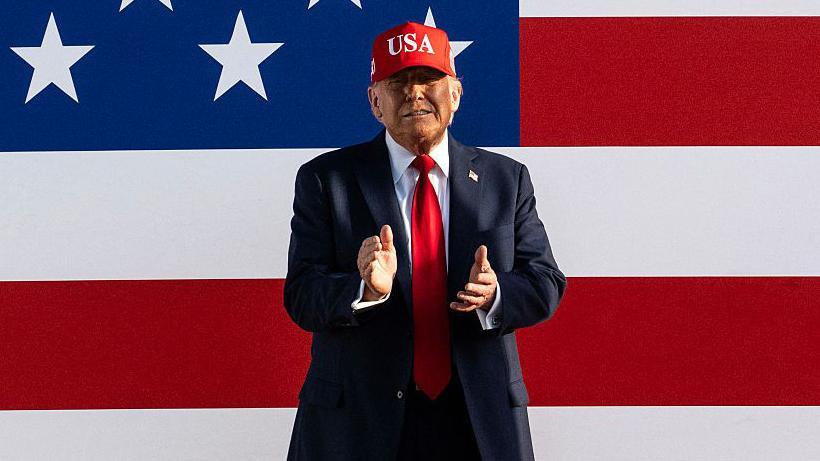President Donald Trump is hosting a three-day mini-summit in Washington with five West African leaders to explore commercial opportunities, amid efforts to reset U.S.-Africa relations and counter global rivals’ influence on the continent.
Trump Hosts Five West African Leaders in Washington


United States President Donald Trump is hosting five West African heads of state in Washington this week for a three-day mini-summit, running from 9 to 11 July. The gathering marks Trump’s most significant diplomatic engagement with Africa since his return to office, following a tense encounter with South African President Cyril Ramaphosa in May.
The leaders of Liberia, Senegal, Gabon, Mauritania, and Guinea-Bissau are attending the summit, which the White House has billed as a forum to explore “commercial opportunities” and deepen economic cooperation. While the event is being framed as an economic initiative, it comes against a backdrop of growing geopolitical competition in Africa and persistent instability across parts of the region.
The participating nations are among West Africa’s most resource-rich, with vast reserves of oil, gold, fisheries, and critical minerals such as bauxite and rare earth elements. However, they also face long-standing governance challenges, including corruption, fragile institutions, and periodic political unrest. These issues are likely to weigh heavily on discussions, even as leaders seek to position their countries as viable partners for American investment.
“This summit is about forging stronger commercial ties and identifying mutual opportunities,” a senior White House official stated. “But it’s also a platform to engage candidly on matters of governance, transparency, and security.”
While detailed agendas remain under wraps, analysts suggest that infrastructure development, energy cooperation, and access to U.S. markets will feature prominently in the talks. Security issues—particularly the threat of Islamist militancy in the Sahel and along West Africa’s Atlantic coast—are also expected to surface during closed-door sessions.
The summit reflects a notable pivot in Trump’s Africa policy, with a renewed focus on economic diplomacy as Washington seeks to counter China and Russia’s expanding influence on the continent. Critics, however, have questioned the depth of the engagement, noting the absence of regional powerhouses such as Nigeria, Ghana, and Côte d’Ivoire.
Nonetheless, for the invited leaders, the summit presents a rare opportunity to attract foreign direct investment, reset bilateral relations, and signal international relevance. It remains to be seen whether the talks will result in concrete agreements or serve primarily as a symbolic gesture of renewed interest.
As the summit unfolds, attention will be on how President Trump balances commercial ambitions with democratic values and whether this engagement signals a broader redefinition of U.S.-Africa relations.

 বাংলা
বাংলা  Spanish
Spanish  Arabic
Arabic  French
French  Chinese
Chinese 
